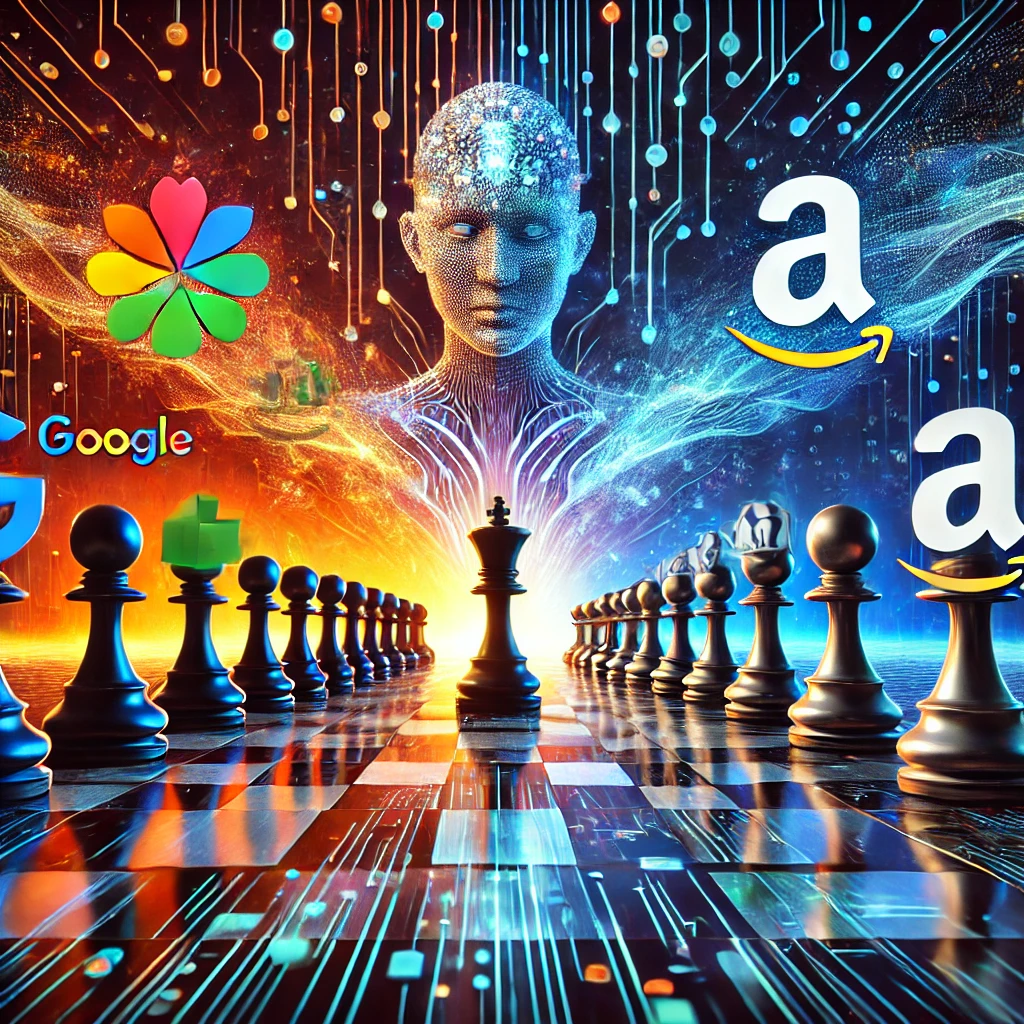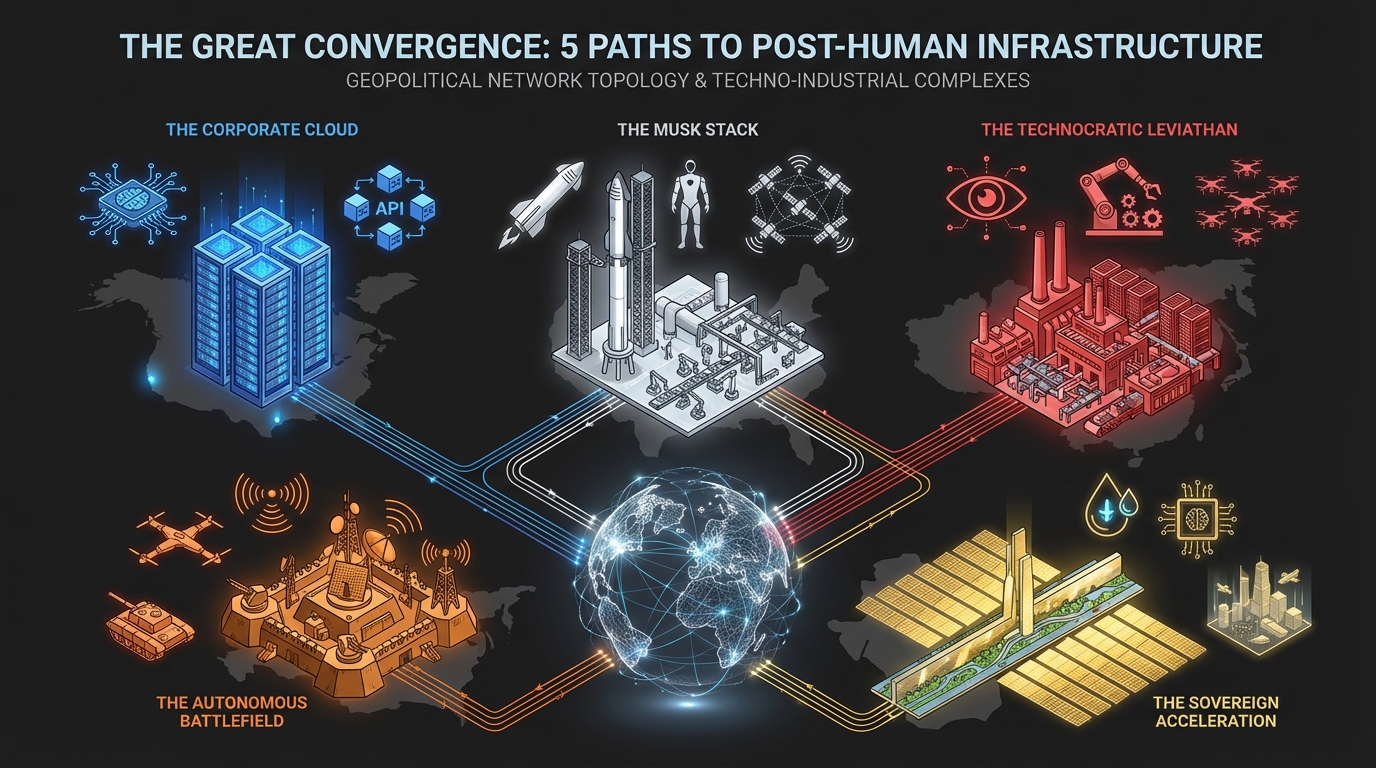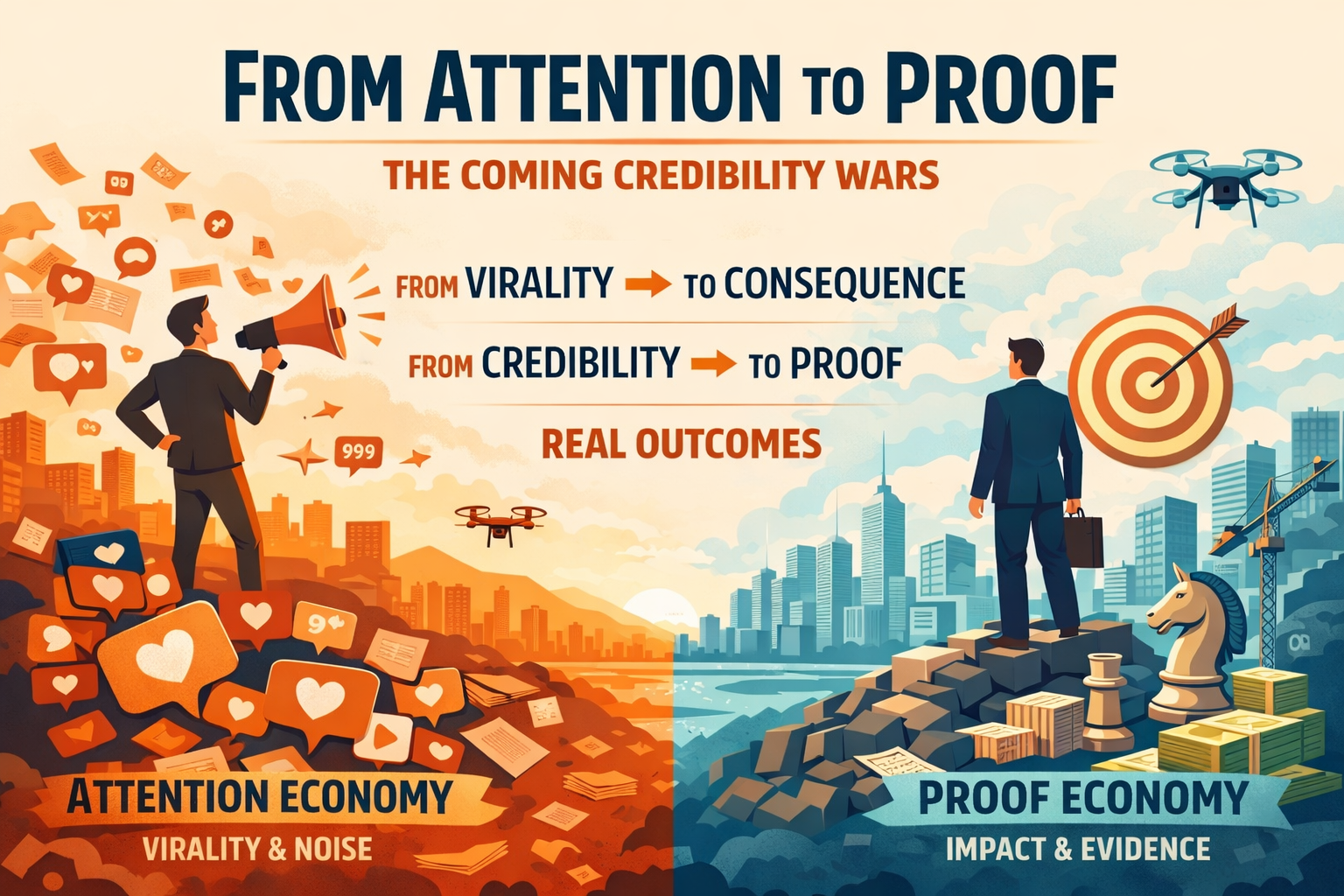In the fast-paced world of artificial intelligence, a high-stakes competition is underway, with major corporations vying to become the apex predator in this transformative sector. This battle is characterized not only by the quest for technological superiority but also by the strategic maneuvering over data, ethical leadership, and global influence that comes with it. The outcome of this competition will shape the economic and social landscape of the future, touching everything from healthcare and transportation to national security and international relations.
Technological Dominance and Strategic Acquisitions
Leading the charge are behemoths like Google, Microsoft, Amazon, alongside innovative challengers such as OpenAI and DeepMind. These companies are at the forefront, pouring immense resources into AI research and development. Their goal is clear: to develop groundbreaking AI technologies that can redefine industries and consumer experiences. By acquiring startups and securing top talent, these companies aim to maintain a technological and competitive edge, ensuring their market position remains unassailable.
The Crucial Role of Data
Data is the fuel that powers AI. Companies with access to vast, diverse data sets through their platforms gain a crucial advantage, as more data leads to better AI models. However, this data accumulation raises significant privacy and security concerns. Firms that can innovate while protecting user data—employing techniques like federated learning or differential privacy—stand to gain not only regulatory approval but also increased trust from consumers wary of privacy violations.
Ethical AI as a Strategic Imperative
As AI becomes further integrated into societal functions, the ethical implications magnify. The development of AI now involves considerations of fairness, transparency, and accountability. Companies that take the lead in ethical AI practices are likely to influence regulatory frameworks and set industry standards, which could become a significant competitive advantage. Ethical leadership in AI is becoming as critical as the technology itself, affecting everything from consumer trust to regulatory freedom.
Global Competition and Cooperation
The AI race is also a global one, with nations backing companies they believe can secure economic and strategic advantages. The U.S., China, and the EU are heavily invested in supporting their AI sectors through funding, policy-making, and setting up ethical guidelines. This national backing intensifies the competition but also raises the stakes for international cooperation on global standards and ethical norms.
The Need for International Collaboration
Despite fierce competition, there is an emerging consensus on the need for global cooperation on AI. The universal nature of AI challenges—from ethical dilemmas to economic impacts—requires collaboration beyond borders. International agreements and forums could help establish global standards for AI and ensure its benefits are broadly shared, helping to prevent a divide between AI-advanced nations and the rest of the world.
Conclusion
The battle to become the apex predator in the AI industry is more than a technological race; it is a complex contest involving strategic data control, ethical leadership, and global diplomacy. The leaders in this race will not only determine the future of AI technology but also the ethical and regulatory frameworks that will govern its use. As this competition unfolds, the dual challenge for these leaders will be to drive innovation while ensuring that the benefits of AI advancements are realized across all sectors of society. This balance of innovation and responsibility will ultimately define the legacy of today’s AI pioneers, shaping the technological, ethical, and geopolitical landscape of the future.




